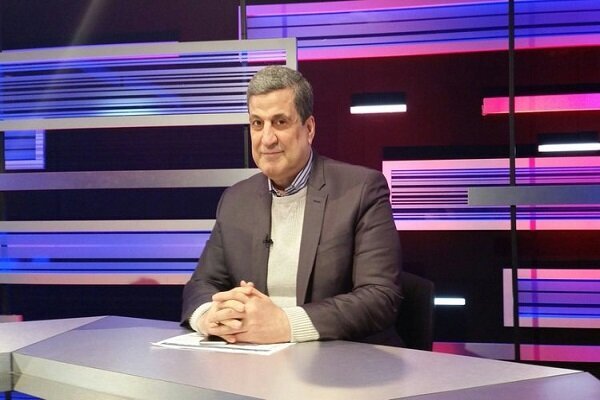America’s apparent retreat after successive threats…!
Iraqi analyst and political activist Najah Muhammad Ali sent an exclusive note titled “US’s Obvious Retreat After Consecutive Threats” to the Mehr News Agency International Group, the full text of which follows:
The sudden change in tone of Steve Witkoff, Trump’s special representative for the Middle East, surprised many. He, who until recently spoke of the “necessity of maximum pressure” against Iran, now speaks of “confidence building” and “removing misunderstandings.” The obvious contradiction in the Trump administration’s policies has revealed itself this time in the Iran case. A policy that began with the threat of war has now reached an attempt to negotiate and send diplomatic messages. But where does this sudden change of position come from? Has the Trump administration concluded that the maximum pressure policy against Iran has failed? Or is this just a tactic to buy time?
Witkoff announced in a television interview that Trump has sent a message to Tehran and suggested that they talk “with mutual respect.” This sentence is in stark contrast to the threatening tone of Mike Waltz, the White House national security adviser, who said last week: “The Trump administration seeks to completely dismantle Iran’s nuclear program.” These two completely contradictory positions indicate a deep gap in the Trump administration’s strategy. But this is not the first time that the White House’s policies towards Iran have been confused and contradictory.
When Trump withdrew from the JCPOA in his first term, he promised to bring Iran to the negotiating table for tougher negotiations. But what happened was exactly the opposite; Iran not only did not give up, but also expanded its nuclear activities and strengthened its regional influence. During that time, the White House repeatedly emphasized that no negotiations with Iran would take place unless Tehran completely abandoned its nuclear program. Now, in 2025, despite all the threats and sanctions, the US is not only seeking negotiations, but has also implicitly agreed to reduce the initial sanctions in a letter sent by Trump to Iran.
This change of position is seen as a result of the domestic situation in the US. Trump, who is facing economic problems and public discontent, needs to present his foreign policy as a success. Entering a military conflict with Iran could be extremely costly for him, so he is looking to present at least a temporary agreement as an achievement for himself through negotiations. But Iran, which has the experience of reaching an agreement with the US in the JCPOA case, is no longer easily deceived by the promises of the White House.
In an indirect response to Trump’s message, the Supreme Leader of the Revolution, Ayatollah Khamenei, announced that the policy of threats and coaxing against Iran is not working. Tehran has repeatedly stressed that it will not accept negotiations under pressure and that any dialogue must be based on mutual respect. This stance indicates that Trump’s proposal, at least at this stage, will not be welcomed by Iran.
But Trump’s change of tone sends a clear message: the White House’s policies against Iran have failed. This failure is not limited to diplomacy; its signs are also evident in the field. The United States has tried hard in recent years to isolate Iran economically and politically, but Iran has not only not been isolated, but has also expanded its relations with Russia, China, and even some Arab countries. This is a bitter reality for Trump, who has been forced to change course from a position of strength to a softer one.

